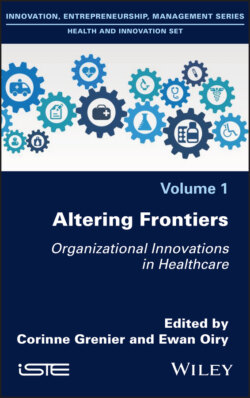Читать книгу Altering Frontiers - Группа авторов - Страница 24
1.5. Conclusion
ОглавлениеWhile the experiential knowledge of patients and users has become a social fact, its recognition in France is an ongoing process. In fact, although from the beginning of the 21st century, the voice of users has been put forward at the regulatory level – through a framework law of 2002, followed by contributions to each framework law until a national action law on therapeutic education (TPE) in 2009, experience has only recently begun to be taken into account globally, beyond the epiphenomenon. We have been able to illustrate the process by which various experiences have mobilized various forms of experiential knowledge of users/patients, most often from abroad.
However, the challenge currently lies in the capacity of the health system to allow the widespread use of knowledge for large-scale use, within the framework of a partnership; a widespread use that allows, while respecting invariants that guarantee homogeneity and quality of care, the preservation of a plasticity and flexibility that encourages appropriation and allows for a diversity of local adaptations that preserve the particularity of the environments and populations that reside there. This process, as we have explained, is a major contribution to the re-establishment of the healthcare system, particularly in terms of understanding its complexity. Our societies and healthcare systems are facing several fundamental transformations: epidemiological, with the explosion in the number of patients with chronic generational diseases due to the aging of the population; organizational, with the re-composition of power relationships and the Fourth Industrial Revolution brought about by the advent of digital technology.
The mobilization of patients’ experiential knowledge and its translation through knowledge of use in co-construction, collaboration and partnership will contribute to the management of these transformations. All stakeholders in the health system need it.
